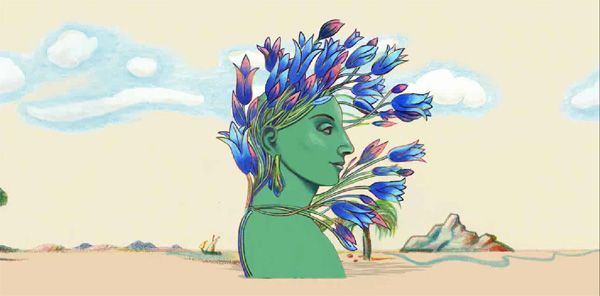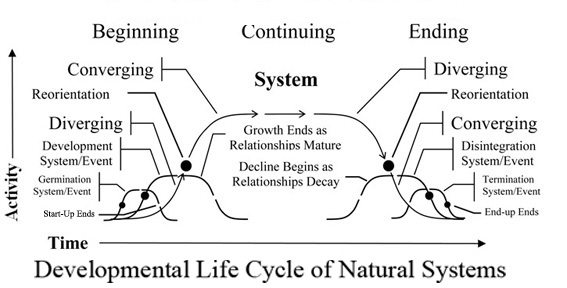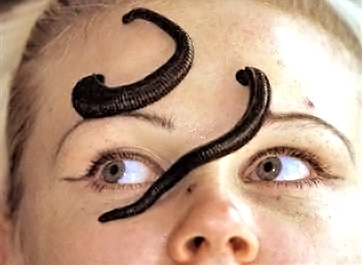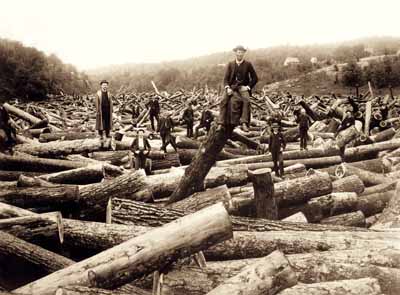Having sex is the one thing Mother Nature knows best. She is subtle and patient, and simply loves it. She takes deposits of “true seed” or sometimes of “magic multiplying juice” and returns multiplied bounties in return.
Making love to Mother Nature produces new generations, variations on things to produce new seed, to then perhaps deposit within her womb to return multiplied again. Those deposits of seed or magic juice get her pregnant, in actual fact. It’s what’s going on virtually anywhere you see her womb swelling all out of proportion, as if to burst.
Her womb does then burst, no illusions, with her new offspring. There is no such thing as being “half pregnant”, “having sex without consequences”, or for man’s worst habit, investing in nature to multiply her returns and not having responsibility for the pregnancy involved.
The gestation after sex gives her new children to release, to enrich the lives of her older children, who found having sex with her a delight and whose seed she returns multiplied. It’s her one promise, to be fruitful and to multiply the seed planted within her, while making only one simple request:
If you plant your seed in me, I will bear your children and they can plant their seed in me too. It’s a promise and I will keep it. But I need you and your offspring to stick around, to care for your generations and for me. Will you care for them? Will you care for me, and give me rest? It’s all I ask for these gifts. – m.n.

(click and see)








